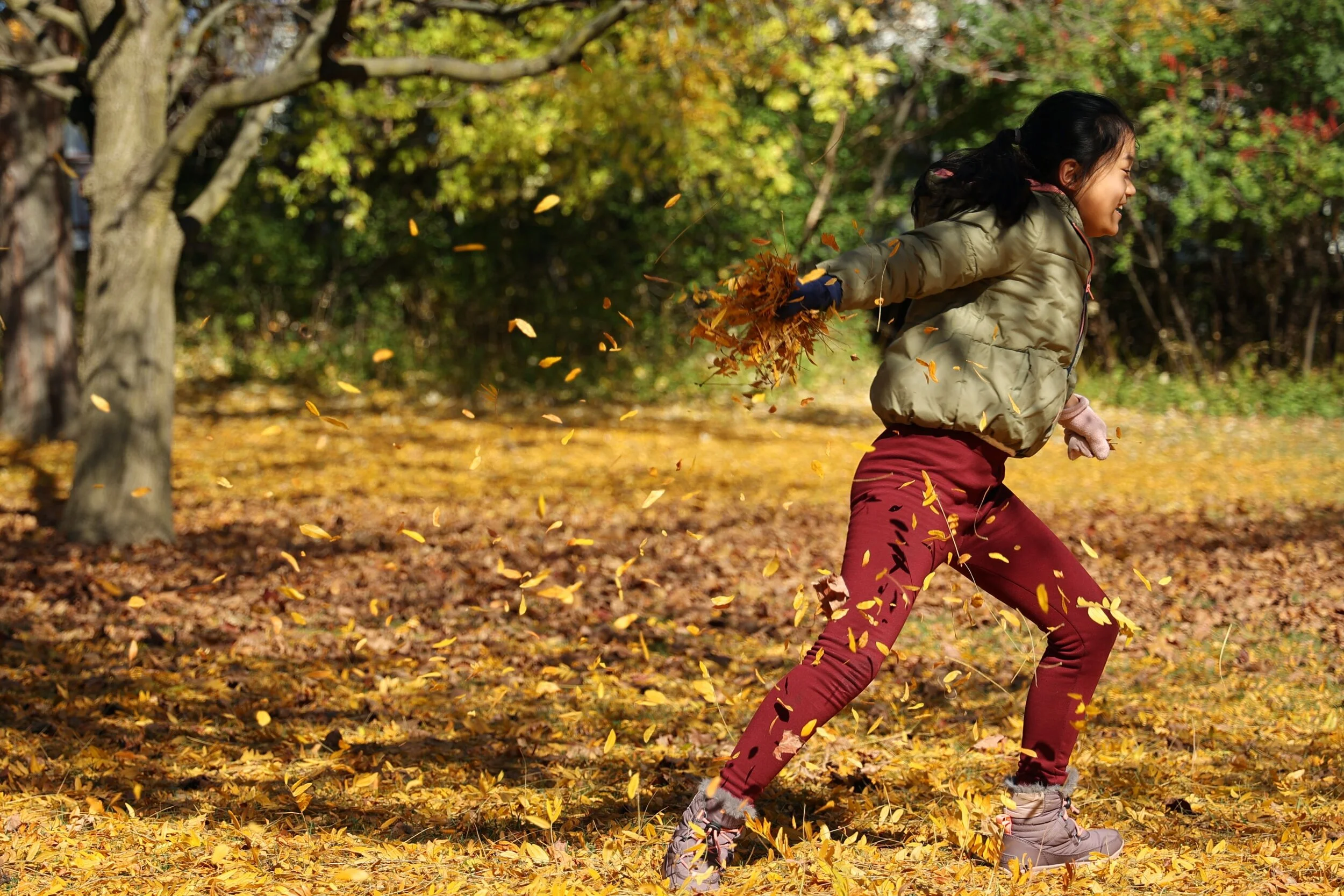Innovation in education: where do we go from here?
In preparing this post I spent some time getting up to date on the latest literature on initiatives and innovations in the education sector. I read materials from Harvard, University of California at Berkeley and Northeastern University in Boston. There’s no shortage of perspectives and approaches and what really stood out to me was where most of these studies coalesce.
“…we need to recharge and reimagine education. I’m also talking about something I’m calling “educational character” growth. It’s the flipping of priorities in order to address achievement, or the reprioritizing of community and compassion over content as a means to positively impact curriculum and student achievement. Wouldn’t it be great if compassion and community were the foundations upon which academic learning was built? I think we’re on our way.”*
Here’s the thing. This is exactly the path we embarked on when we founded Walden International School and it’s why our programmes revolve around a central mission to make good people. Other institutions may be on their way, while we’re well down the road.
Before you think that’s a boast I can assure you that we’re not done. Our quest for innovation continues and as an example I want to share some of the initiatives we’re undertaking with specific regard to Indigenous studies.
The shocking revelations we’ve witnessed regarding residential schools should serve as a profound wake up call for all Canadians. When I read the following statement it hit me with great impact and convinced me that we need to redouble our efforts to help our children understand how our society has worked and how we can move forward.
“For Frederick Ernest Koe, it started when the Anglican minister and the Mounted Police arrived with a message that he had to leave his parents’ home in Aklavik in the Northwest Territories that morning. “And I didn’t get to say goodbye to my dad or my brother Allan, didn’t get to pet my dogs or nothing.”**
What’s this have to do with innovation?
Innovation requires reflection; to know where to go you need to know where you’ve been.
If we’re going to make real change we need to take action with our students so that they can approach issues such as how we approach our Indigenous community. More than raising awareness we will take action and provide agency to our students so that as they grow they will be prepared to act with the full knowledge that comes with context and detail.
In other words we will enhance our commitment to encouraging kids to ask ‘why’. We are selecting resources to support this effort that will inform and provide current-day context to see what we can do now and what we can do in the future. This is how we affect real social change and make good people who will be integral to realizing justice and equity while embracing diversity.
“We ought to recognize that our greatest battle is not with one another but with our pain, our problems, and our flaws. To be hurt, yet forgive. To do wrong, but forgive yourself. To depart from this world leaving only love. This is the reason you walk.” ― Wab Kinew, The Reason You Walk: A Memoir
*https://www.edutopia.org/article/has-pandemic-ushered-new-norms-education
**The Truth and Reconciliation Commission of Canada, Final Report of the Truth and Reconciliation Commission of Canada, Volume One: Summary: Honouring the Truth, Reconciling for the Future


